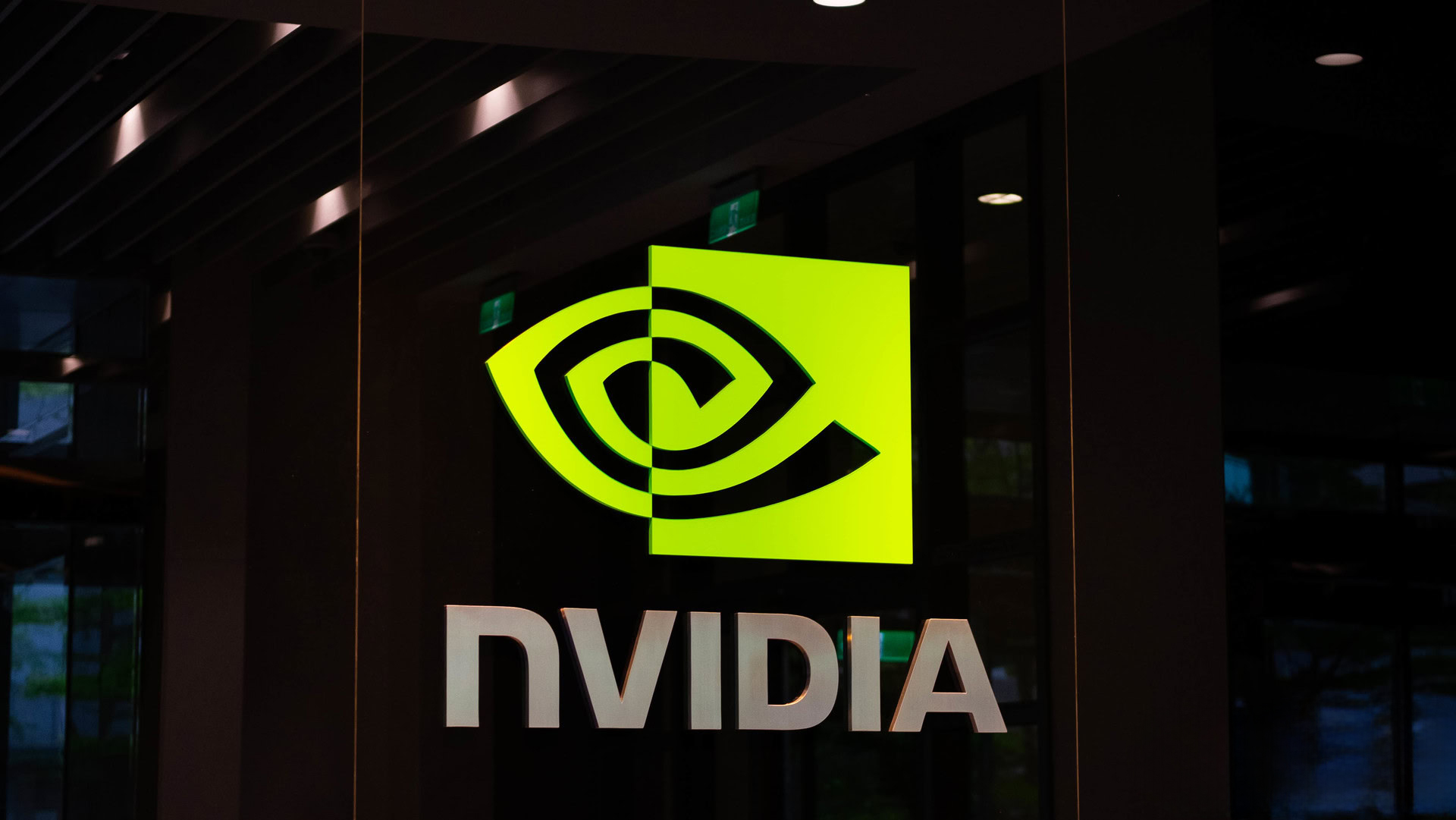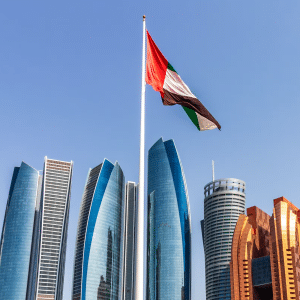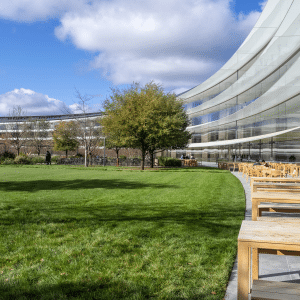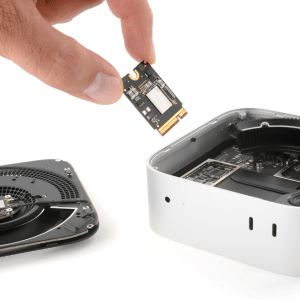At the core of Humain’s strategy are high-performance chips from American tech giants, notably Nvidia’s Blackwell processors, designed for AI workloads. Humain has secured local regulatory approval to acquire 18,000 of these chips, a significant step in a broader deal with Nvidia to supply hundreds of thousands of AI processors to the kingdom. These chips enable rapid data processing for complex tasks like machine learning and natural language processing, critical for applications ranging from smart cities to advanced research. The partnership underscores a growing tech alliance between the U.S. and Saudi Arabia, with the kingdom tapping into American expertise to fuel its digital transformation.
Strategic Sites for Maximum Impact
The decision to locate data centers in Riyadh and Dammam is deliberate. Riyadh, the political and economic heart of Saudi Arabia, offers a central stage for showcasing technological progress, while Dammam’s industrial infrastructure and access to energy resources make it ideal for high-power computing. Both sites are engineered for scalability, with the 100-megawatt starting capacity allowing for future expansion as AI demand grows. Set to launch in the second quarter of 2026, these centers will cater to the Middle East’s rising need for AI-driven services, from cloud computing to localized AI models tailored to regional needs.
Forging Global Tech Alliances
Humain’s vision extends beyond hardware. The company has partnered with U.S. firms like Qualcomm and Cisco Systems to strengthen its technological foundation, ensuring robust infrastructure for its data centers. Early talks with Elon Musk’s xAI suggest potential collaboration on AI projects, which could amplify Saudi Arabia’s global influence in the field. These partnerships align with the kingdom’s broader strategy to integrate international expertise while developing sovereign AI capabilities, such as the Allam large language model, which prioritizes cultural relevance and linguistic accuracy for Arabic-speaking users.
Fueling a Regional AI Boom
The Gulf region is experiencing a surge in AI investment, and Saudi Arabia is leading the charge. Backed by the Public Investment Fund, chaired by Crown Prince Mohammed bin Salman, Humain’s data centers are part of a $600 billion investment pledge to U.S. companies, signaling deep financial commitment to tech innovation. This aligns with regional trends, as countries like the UAE and Qatar also ramp up AI infrastructure. The demand for high-performance computing is skyrocketing, driven by applications in healthcare, education, and governance, positioning the Gulf as a potential AI powerhouse.
Overcoming Global and Local Hurdles
Despite its momentum, Humain faces challenges. Securing U.S. chip exports requires navigating strict government protocols, a process CEO Tareq Amin has called routine but complex. Geopolitical dynamics add another layer, as the U.S. balances technology transfers with strategic interests in the Middle East. Locally, ensuring a skilled workforce and sustainable energy for data centers is critical. Yet, with regulatory approvals in place and strong partnerships, Humain is well-positioned to overcome these obstacles, potentially reshaping the regional AI landscape by 2026.
A Vision for the Future
Humain’s data centers are more than infrastructure—they represent Saudi Arabia’s bid to redefine its global role through technology. By combining U.S. chips with local ambition, the kingdom is laying the groundwork for an AI ecosystem that could drive economic growth and innovation for decades. As the 2026 launch approaches, the world will watch to see how Saudi Arabia’s tech gamble pays off.









